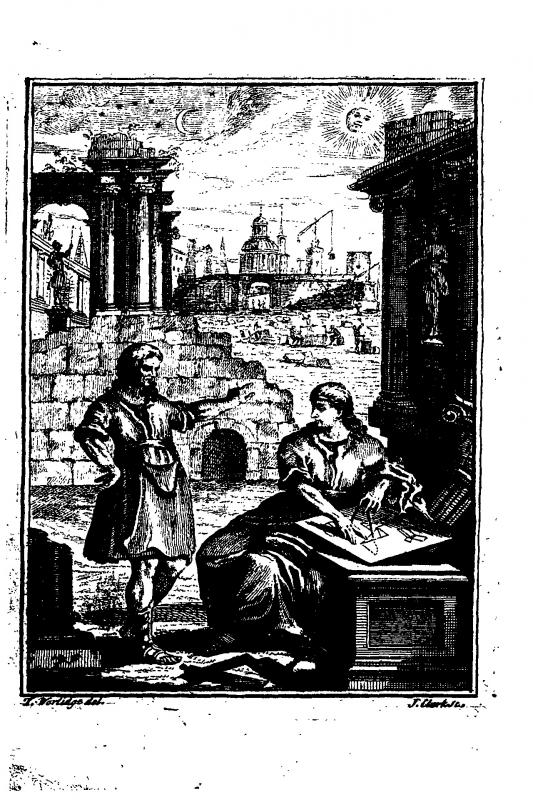Quote
"There are three general Heads of Duty which MASONS ought always to inculcate, viz., to God, our Neighbors and ourselves."
Links to the Encyclopedia:
Keywords
A SHORT CHARGE to be given to new admitted BRETHREN.
You are now admitted by the unanimous Consent of our Lodge, a Fellow of our most Antient and Honorable SOCIETY; Antient, as having subsisted from times immemorial, and Honorable, as tending in every Particular to render a Man so that will be but conformable to its glorious Precepts. The greatest Monarchs in all Ages, as well of Asia and Africa as of Europe, have been Encouragers of the Royal Art; and many of them have presided as Grand Masters over the Masons in their respective Territories, not thinking it any lessening to their Imperial Dignities to Level themselves with their Brethren in MASONRY, and to act as they did.
The World's great Architect is our Supreme Master, and the unerring Rule he has given us, is that by which we Work.
Religious Disputes are never suffered in the Lodge; for as MASONS, we only pursue the universal Religion or the Religion of Nature. This is the Cement which unites Men of the most different Principles in one sacred Band, and brings together those who were the most distant from one another.
There are three general Heads of Duty which MASONS ought always to inculcate, viz., to God, our Neighbors and ourselves.
To God, in never mentioning his Name but with that Reverential Awe which becomes a Creature to bear to his Creator, and to look upon him always as the Sumum Bonum which we came into the World to enjoy, and according to that View to regulate all our Pursuits.
To our Neighbors, in acting upon the Square, or doing as we would be done by.
To ourselves, in avoiding all Intemperances and Excesses, whereby we may be rendered incapable of following our Work, or led into Behavior unbecoming our laudable Profession, and in always keeping within due Bounds, and free from all Pollution.
In the State, a MASON is to behave as a peaceable and dutiful Subject, conforming cheerfully to the Government under which he lives.
He is to pay a due Deference to his Superiors, and from his Inferiors he is rather to receive Honor with some Reluctance, than to extort it.
He is to be a Man of Benevolence and Charity, not sitting down contented while his Fellow Creatures, but much more his Brethren, are in Want, when it is in his Power (without prejudicing himself or Family) to relieve them.
In the Lodge, he is to behave with all due Decorum, lest the Beauty and Harmony thereof should be disturbed or broke.
He is to be Obedient to the Master and presiding Officers, and to apply himself closely to the Business of Masonry, that he may sooner become a Proficient therein, both for his own Credit and for that of the Lodge.
He is not to neglect his own necessary Avocations for the sake of MASONRY, nor to involve himself in quarrels with those who through Ignorance may speak evil of, or ridicule it.
He is to be a Lover of the Arts and Sciences, and to take all Opportunities of improving himself therein.
If he recommends a Friend to be made a MASON, he must vouch him to be such as he really believes will conform to the aforesaid Duties, lest by his Misconduct at any time the Lodge should pass under some evil Imputations. Nothing can prove more shocking to all faithful MASONS, than to see any of their Brethren profane or break through the sacred Rules of their Order, and such as can do it they wish had never been admitted.
Sources
William Smith, A Pocket Companion for Free-masons. Deus nobis Sol & Scutum. Dedicated to the Society. London: printed and sold by E. Rider in Blackmore-Street, near Clare-Market, 1735, p. 43-45. Transcription by Alain Kerhervé. Full text in ECCO.
